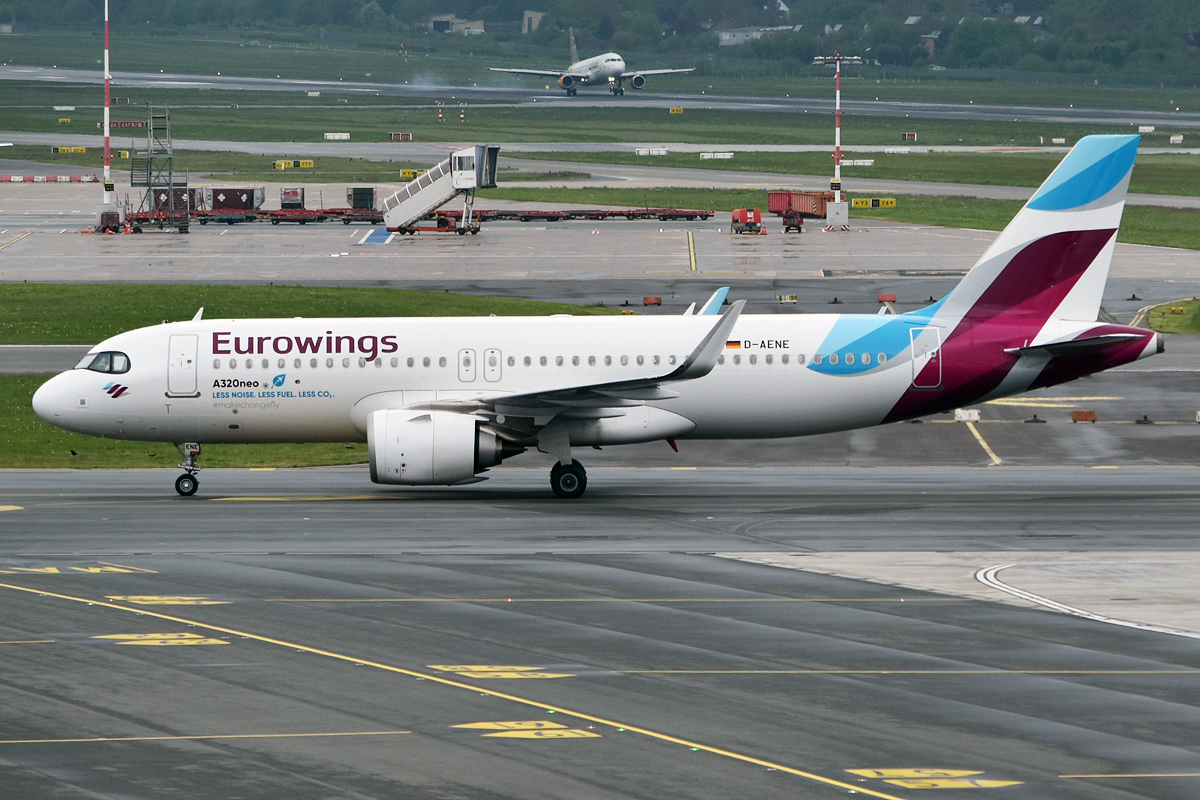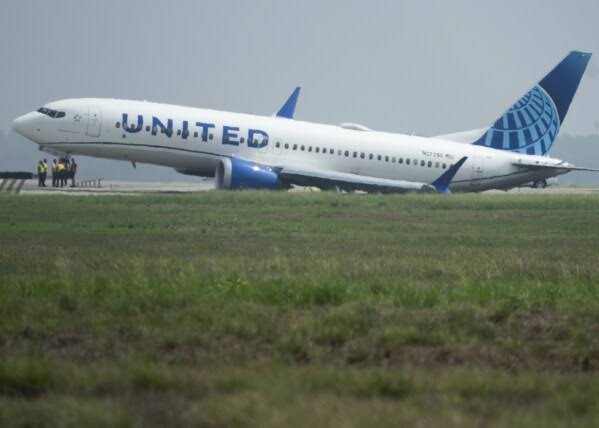Eurowings cuts over 1,000 flights from Hamburg Airport in April due to rising costs
Eurowings Cuts Over 1,000 Flights from Hamburg Airport in 2025 Due to Rising Costs
In a significant move that underscores the challenges facing the European aviation industry, Eurowings, Germany’s second-largest airline and a subsidiary of Lufthansa, has announced plans to cut over 1,000 flights from Hamburg Airport in 2025. This decision, attributed to escalating location and infrastructure costs, has sparked debates about airport fee structures and their impact on air travel accessibility.
The Decision to Cut Flights
Eurowings’ decision to reduce its operations at Hamburg Airport stems from what the airline describes as a “completely disproportionate increase in charges” by the airport authorities. The airline’s CEO, Jens Bischof, expressed regret over the move, emphasizing that the increased fees left the airline with no viable alternative. He noted that the reduced flight offerings would significantly weaken Hamburg’s connectivity and make flying from the city noticeably more expensive .
Impact on Routes and Travelers
Among the most notable changes is the discontinuation of the Hamburg-Cologne/Bonn route, a popular connection for business travelers. In addition to this domestic route, Eurowings plans to eliminate six other destinations in Europe and North Africa from its Hamburg schedule. These reductions are expected to affect both leisure and business travelers, limiting direct flight options from the region .
Broader Implications for German Aviation
Eurowings’ cuts are part of a larger trend affecting the German aviation sector. The airline has indicated that it is considering further route closures at other German airports due to rising location and infrastructure costs. This shift may lead to a redistribution of services to other EU countries with more favorable cost structures, potentially altering the competitive landscape of European air travel .
Reactions from Stakeholders
The decision has elicited responses from various stakeholders. Hamburg Airport’s management defended the planned fee increases, stating that they are necessary to cover rising operational expenses. They argue that airport charges represent only a small portion of airlines’ total costs, with other factors like air traffic taxes and security fees playing a more significant role .
Conversely, political figures have criticized the fee hikes. Dennis Thering, leader of the CDU parliamentary group in Hamburg, called for measures to prevent the planned increases, citing concerns about the negative impact on the city’s economy and tourism. He emphasized the need for federal support to address the rising costs affecting airlines operating in Germany .
The Role of Ryanair and Condor
Eurowings is not the only airline adjusting its operations in response to rising costs. Ryanair has announced a 12% reduction in its operations through German airports, including a 60% cut in its Hamburg services. The airline attributes these reductions to high location charges, which it considers some of the highest in Europe. Ryanair has also closed its bases in Dortmund, Dresden, and Leipzig, further consolidating its operations in response to the challenging cost environment .
Similarly, Condor has reduced its summer flight schedule by 13%, eliminating certain destinations like Samos and Malaga, while scaling back services to others such as Kos. These adjustments reflect the broader trend of airlines recalibrating their networks to maintain profitability amid rising operational costs .
Looking Ahead
The reductions in flight offerings by Eurowings and other airlines highlight the growing challenges faced by the aviation industry in Germany. As airlines navigate the complexities of rising costs, they are compelled to make strategic decisions that balance financial sustainability with customer demand. The evolving landscape underscores the need for ongoing dialogue among airlines, airport authorities, and policymakers to ensure a competitive and accessible air travel environment.
In conclusion, Eurowings’ decision to cut over 1,000 flights from Hamburg Airport in 2025 serves as a case study of the broader economic pressures shaping the future of air travel in Europe. As the industry adapts to these challenges, the ultimate impact on travelers will depend on the collaborative efforts to address the underlying cost issues and maintain a robust air travel network.






